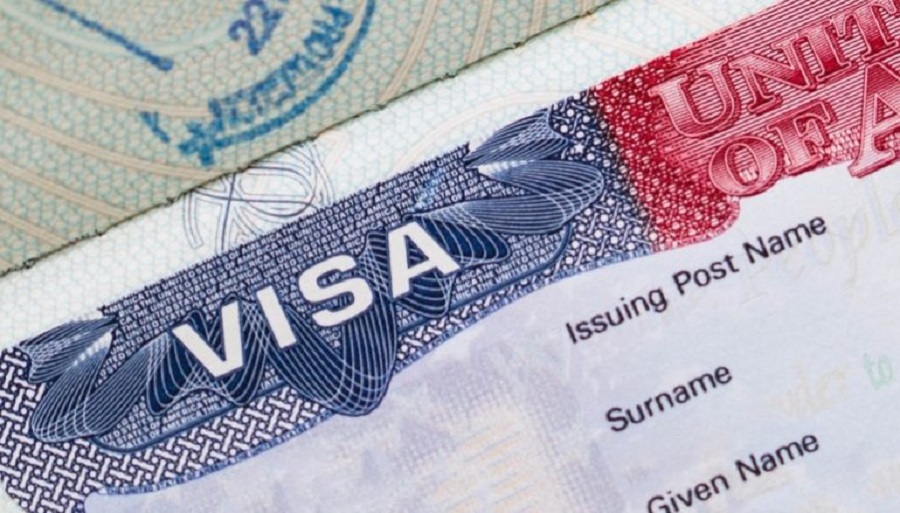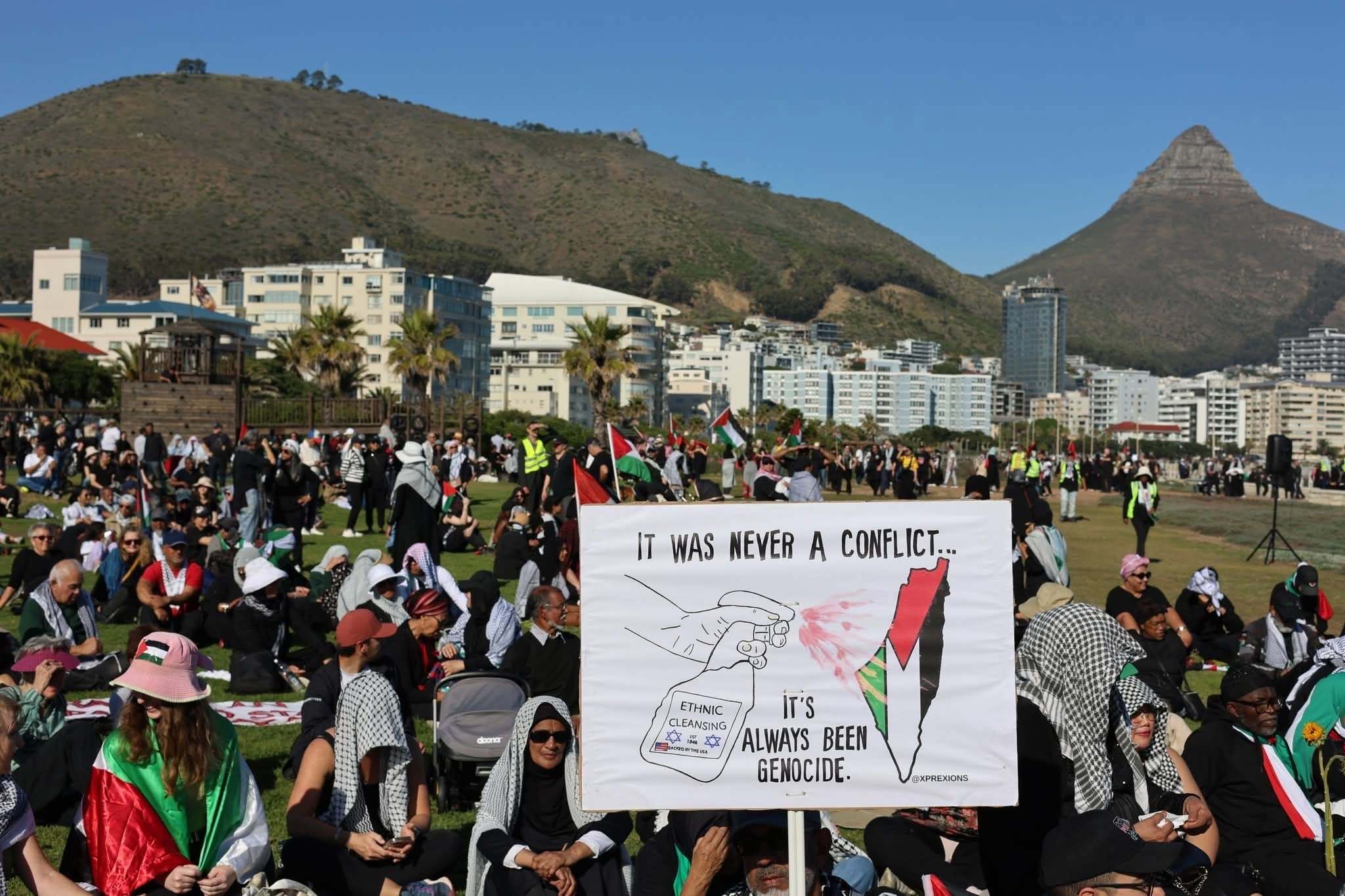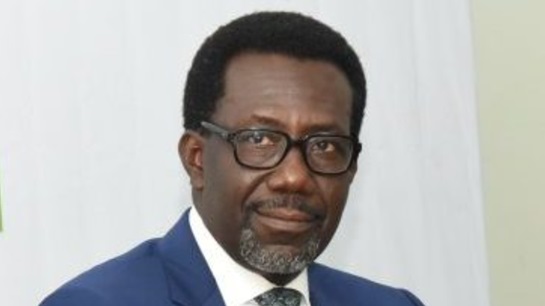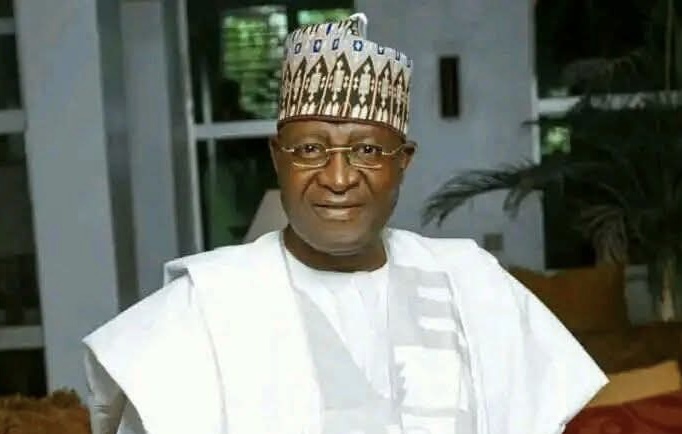
US lifts restrictions on visa validity for Ghanaians, leaves Nigeria’s unchanged
The United States has restored the maximum validity periods for all categories of nonimmigrant visas for Ghanaian nationals following Ghana’s agreement to accept West African deportees, but similar restrictions for Nigerians remain in place.
The B1/B2 visitor visa is now valid for up to five years, with multiple entries allowed, while the F1 student visa’s maximum validity has been restored to four years, with multiple entries permitted.
“The U.S. Embassy is pleased to announce that the maximum validity periods for all categories of nonimmigrant visas for Ghanaians have been restored to their previous lengths. The maximum validity allowed for the B1/B2 visitor visa is again five years, multiple entry. The maximum validity for the F1 student visa is again four years, multiple entry,” the U.S. Embassy announced in a tweet on Saturday.
Ghana’s Foreign Minister, Samuel Ablakwa, also announced in a tweet that the new policy now allows citizens to apply for five-year multiple-entry visas.
Ablakwa also stated that the reversal of the restriction comes with other enhanced consular privileges, adding that the development was the result of months of diplomatic engagement.
The U.S. visa restriction imposed on Ghana has been reversed. Ghanaians can now be eligible for five-year multiple-entry visas and other enhanced consular privileges,” Ablakwa stated.
“This good news was directly communicated to me by U.S. Under Secretary of State for Political Affairs, Allison Hooker, at a bilateral meeting earlier today, in the margins of the UN General Assembly. I am really pleased that months of high-level diplomatic negotiations have led to a successful outcome.”
These changes reverse earlier restrictions imposed under the Trump administration, which had limited most visas to single-entry and a three-month validity period.
The restrictions affected several African countries, including Ghana and Nigeria, and were based on concerns over visa reciprocity and the acceptance of deported migrants.
In July, the U.S. Consulate in Nigeria announced updates to its reciprocal nonimmigrant visa policy, stating: “The United States Department of State has announced updates to its reciprocal non-immigrant visa policy, impacting several countries, including Nigeria. Effective immediately, most non-immigrant and non-diplomatic visas issued to citizens of Nigeria will be single-entry visas with a three-month validity period.
Those U.S. non-immigrant visas issued prior to July 8, 2025, will retain their status and validity. We wish to underscore that, as is standard globally, visa reciprocity is a continuous process and is subject to review and change at any time, such as increasing or decreasing permitted entries and duration of validity. You can view the latest information on visa reciprocity schedules for all countries at travel.state.gov.”
Reports indicate that the U.S. pressured some African nations to accept deported migrants, including Venezuelan detainees from U.S. prisons.
Nigerian Foreign Minister Yusuf Tuggar rejected these pressures, stating that Nigeria would not serve as a “dumping ground” for deportees.
“It would be difficult for countries like Nigeria to accept Venezuelan prisoners into Nigeria,” Tuggar said during a televised interview.
“We have enough problems of our own; we cannot accept Venezuelan deportees to Nigeria. We already have 230 million people.”
Meanwhile, Ghanaian President John Mahama confirmed that Ghana had begun accepting deported West African nationals after U.S. requests.
“We were approached by the U.S. to accept third-party nationals who were being removed from the U.S., and we agreed with them that West African nationals were acceptable,” Mahama said.
“All our fellow West African nationals don’t need visas to come to our country.”
Tags:
No tags
Related Posts
Loading...



